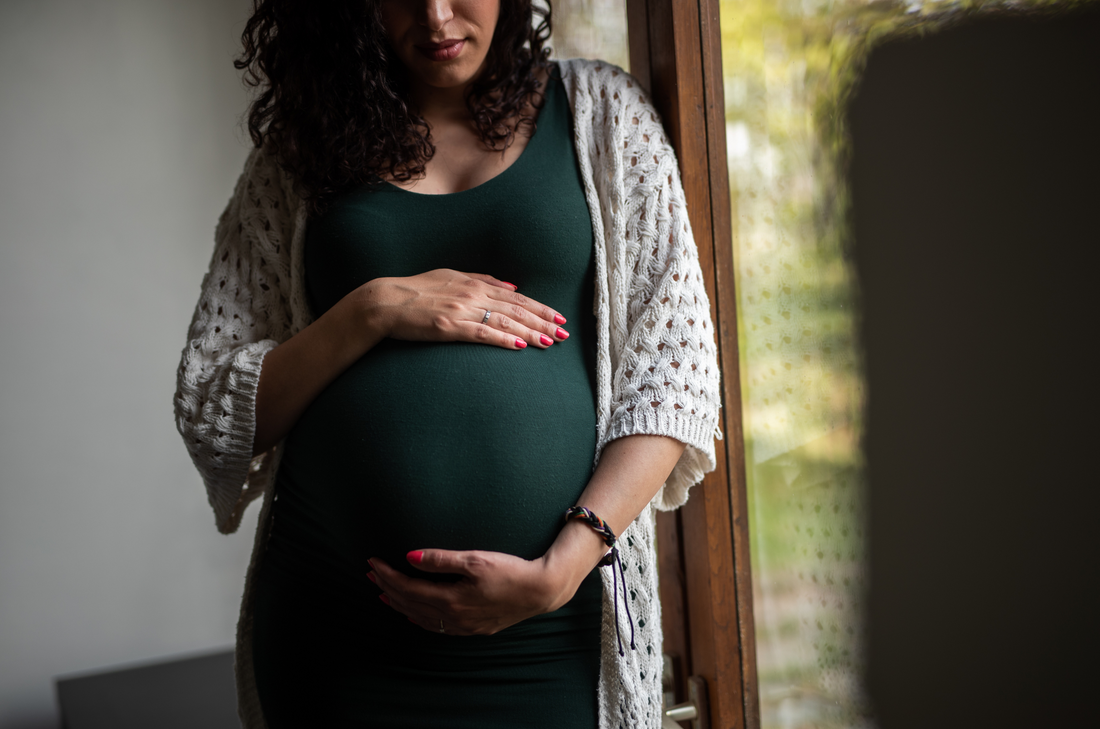
Can You Drink Matcha While Pregnant?
Share
NOTE: We sell matcha so we have a bias. Please consult with your healthcare provider with any concerns regarding matcha/caffeine consumption if you are pregnant.
In recent years, matcha has become a popular beverage around the globe, celebrated for its numerous health benefits, distinctive vibrant green color, and unique, rich flavor. This traditional Japanese tea has found its way into the hearts of many, including expectant mothers who are curious about the safety of consuming matcha during pregnancy.
Is Matcha Safe During Pregnancy? How Much Matcha is Safe?
Matcha is generally safe for pregnant women when consumed in moderation. It's recommended to limit matcha intake to about one to two cups per day during pregnancy due to its caffeine content. This approach helps avoid exceeding the recommended caffeine intake limits for pregnant women while still allowing them to enjoy the antioxidant benefits of matcha.
Concerns During Pregnancy
There are many health benefits of matcha tea, however, when it comes to pregnancy, one of the primary concerns with consuming matcha is its caffeine content (60-70mg per teaspoon). Matcha contains a higher amount of caffeine than regular green tea because of its whole leaf consumption and is similar in caffeine content to a cup of coffee. While caffeine is widely consumed, excessive intake during pregnancy has been linked to several risks, including low birth weight, premature birth, and, in some cases, miscarriage. Recognizing these potential risks, the American College of Obstetricians and Gynecologists (ACOG) advises pregnant women to limit their caffeine intake to less than 200 mg per day. This recommendation prompts a careful consideration of matcha consumption during pregnancy.
Health Benefits of Matcha for Pregnant Women
Despite the caution surrounding caffeine, matcha's health benefits cannot be overlooked. The tea is renowned for its high antioxidant content, which can reduce inflammation and boost immunity—two aspects particularly beneficial for pregnant women. And the vitamins and minerals found in matcha can play a supportive role in a healthy pregnancy diet.
It is still crucial for pregnant women to consult their healthcare provider before incorporating matcha or any caffeinated product into their diet. Moderation is key. If a healthcare provider gives the green light, pregnant women might still enjoy matcha in small amounts, ensuring their total daily caffeine intake does not exceed the recommended limit. This balanced approach allows expectant mothers to reap the benefits of matcha while minimizing potential risks. To enjoy the benefits of matcha, click here to purchase some for yourself!
Conclusion
The journey of pregnancy is unique for every woman, emphasizing the importance of personalized health and dietary advice. While matcha offers numerous health benefits, the safety of consuming it during pregnancy hinges on individual health conditions, dietary habits, and medical guidance. We encourage pregnant women to engage in open discussions with their healthcare providers, making informed decisions that best suit their health needs and those of their baby. As with any dietary consideration during pregnancy, the wellbeing of both mother and child takes precedence, guiding the choices made during this special and transformative time.
Resources:
American College of Obstetricians and Gynecologists (ACOG)
Kuczkowski, K.M. Caffeine in pregnancy. Arch Gynecol Obstet 280, 695–698 (2009). https://doi.org/10.1007/s00404-009-0991-6
